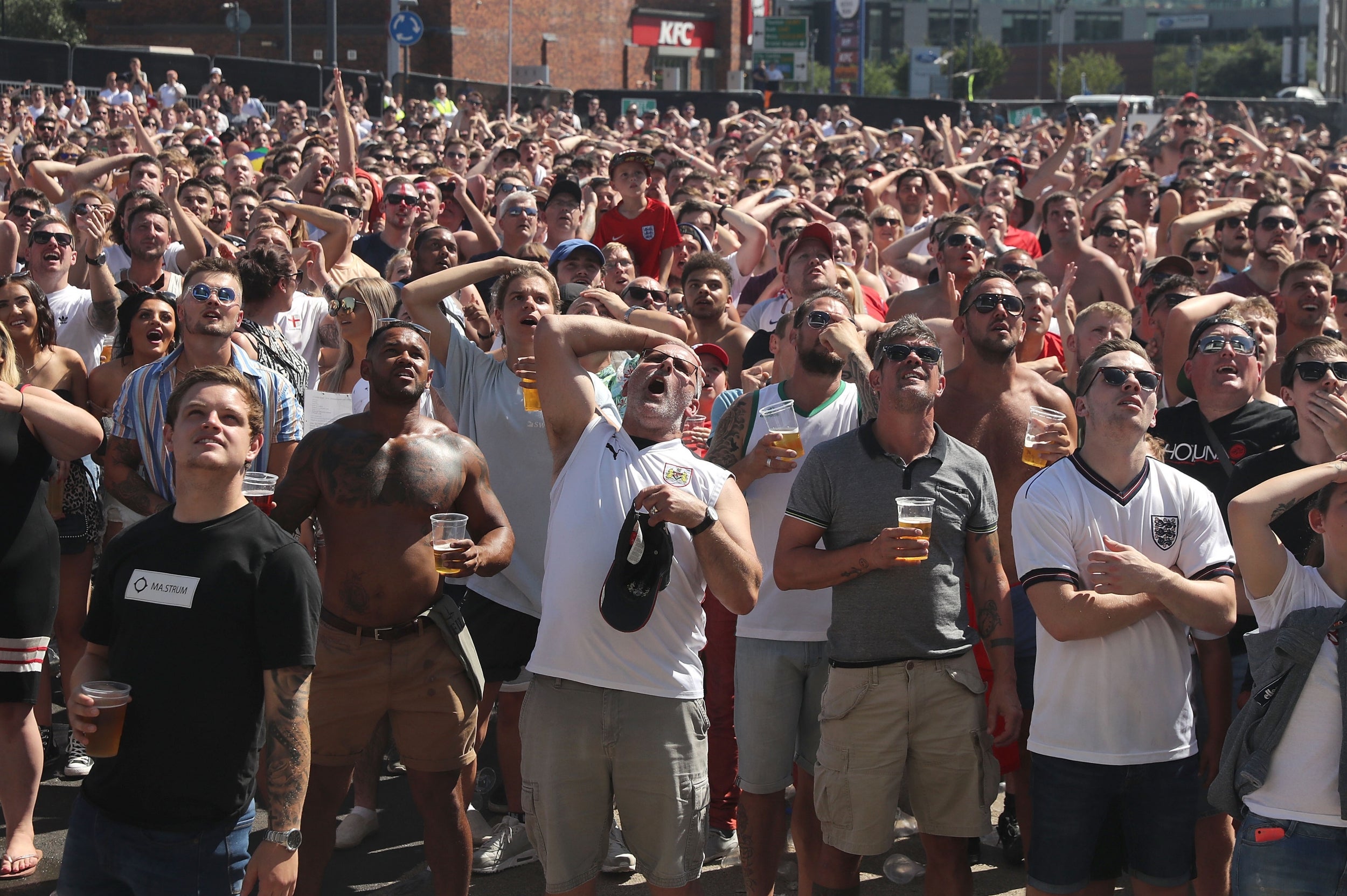Pound sterling falls as UK retail sales in June much worse than expected
City of London analysts had expected sales to grow by 0.2 per cent in the month, building on the 1.3 per cent surge in May, but instead they fell by 0.5 per cent

Retail sales unexpectedly slumped in June, causing the value of sterling to dip below $1.30 for the first time since September.
City of London analysts had expected sales volumes to grow 0.2 per cent in the month, building on a 1.3 per cent surge in May when the royal wedding boosted consumption.
Instead sales fell 0.5 per cent, the Office for National Statistics reported on Thursday.
The ONS said “consumers stayed away from stores and instead enjoyed the World Cup and the heatwave”.
Sterling was trading at $1.2995 in the wake of the data, down 0.54 per cent on the day.
Financial markets interpreted the weak figures as another reason the Bank of England may not, despite previous expectations, raise interest rates at its next meeting, on 2 August.
“There’s little disguising the fact that this is a weak data point, with retail sales dropping despite the good weather and England’s World Cup heroics,” said David Cheetham, of online trading company XTB.
“Up until just two days ago, an August hike from the Bank of England had looked probable, but the combination of lower than expected inflation and soft consumer spending – despite a favourable backdrop – have certainly given Governor Carney and his fellow rate setters some food for thought.”
Earlier this week the ONS reported consumer price inflation in June was steady at 2.4 per cent, despite City predictions it would be pushed higher by rising fuel prices.
Against the dollar, sterling is trading at its weakest level in 10 months.
Despite retail sales weakness in June, over the three-month period volumes were up 2.1 per cent, the strongest quarterly rise since February 2015.
“Since retail sales account for a fifth of GDP, this could add as much as 0.4 [percentage points] to Q2 GDP growth,” said Ruth Gregory, of Capital Economics.
“While this week’s unexpectedly weak inflation figures have made the outlook for an interest rate rise in August rather less clear cut, the recovery in the consumer sector supports our view that a hike is still more likely than not.”
UK GDP growth in the first quarter of 2018 was just 0.2 per cent, depressed by “beast from the east” snowstorms.
Subscribe to Independent Premium to bookmark this article
Want to bookmark your favourite articles and stories to read or reference later? Start your Independent Premium subscription today.

Join our commenting forum
Join thought-provoking conversations, follow other Independent readers and see their replies